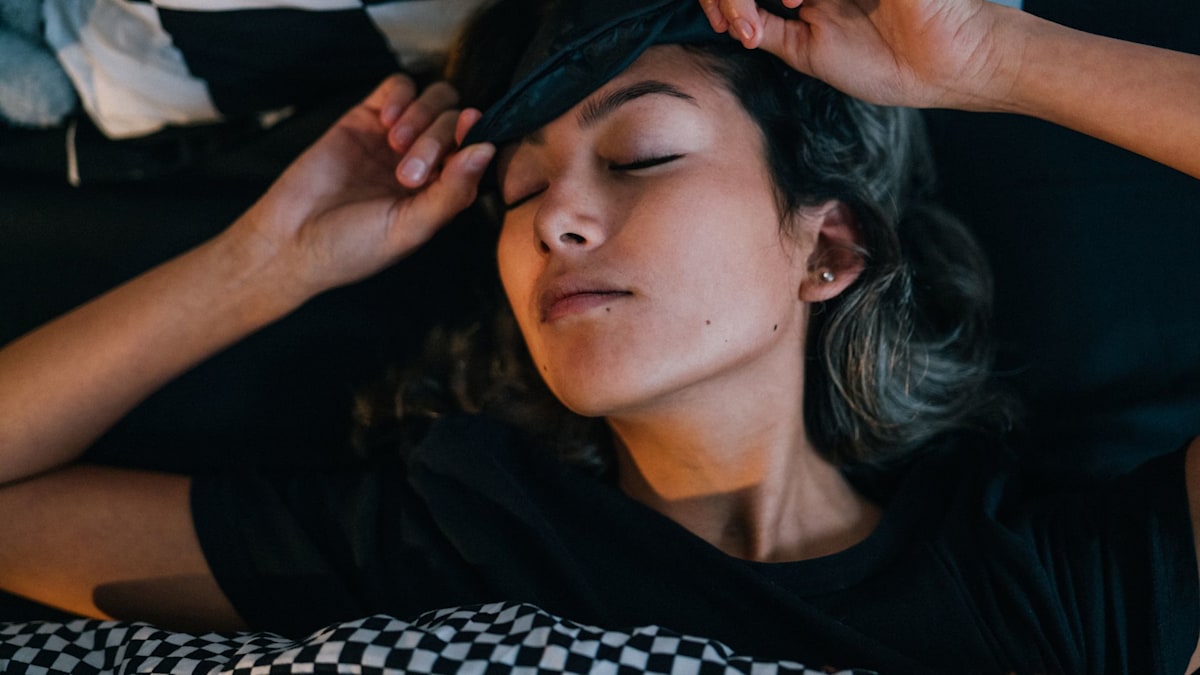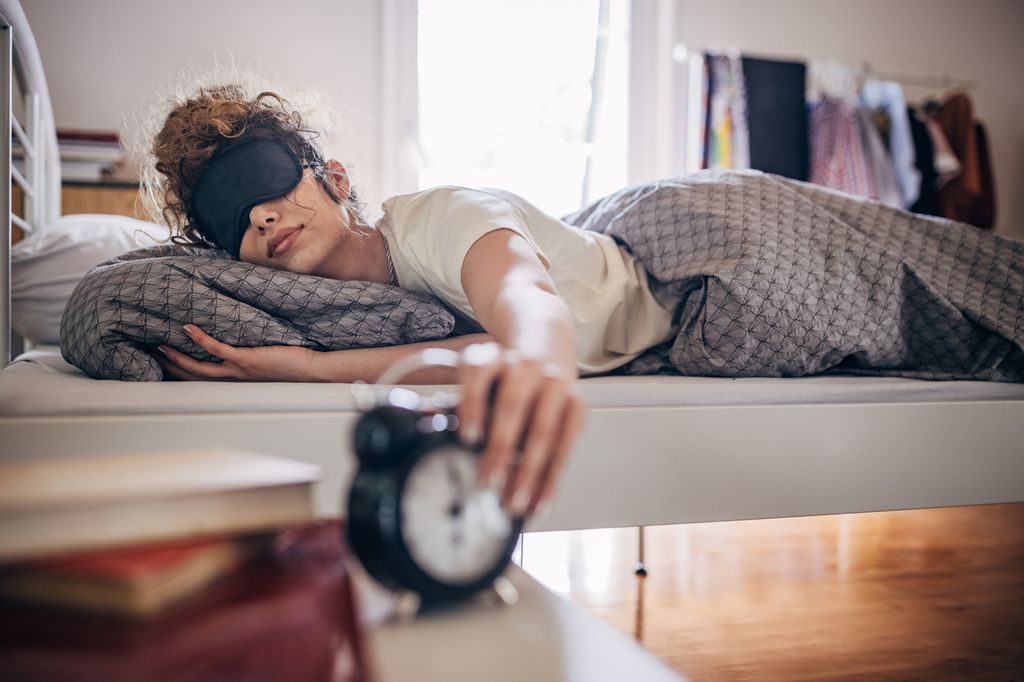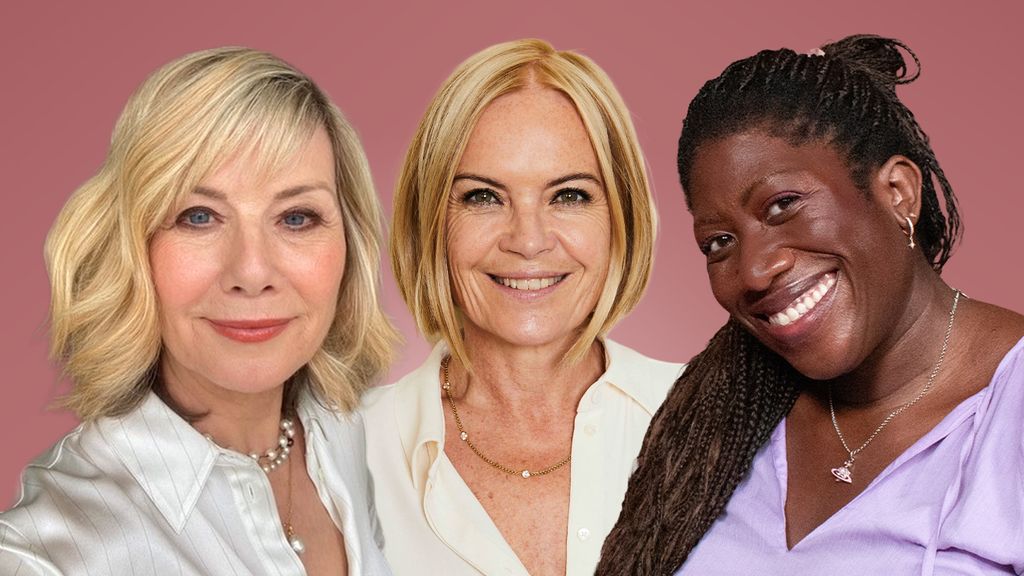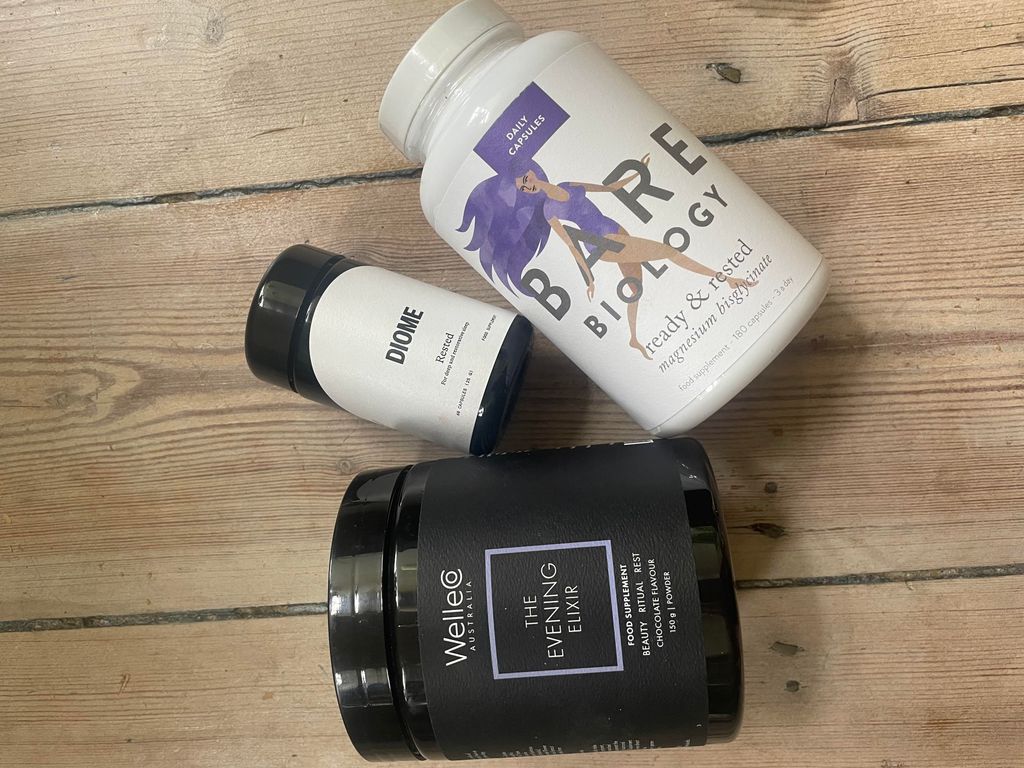There are certain things I can just about reconcile losing sleep over; jetlag (especially if it results in being somewhere fabulous), very small babies (I have less compassion for my seven and four year old still waking me up) or those (now very rare) nights out where the linger of bon vivant and a heart-thumping ear worm elude immediate shut-eye.
But hormones scuppering my beauty sleep as well as diminishing my collagen reserves? Now that’s just not complexion cricket.
Sleep has become a precious commodity in our modern world with #sleepmaxxing – the viral sleep optimisation trend – garnering over a hundred million views on TikTok and early bedtimes becoming the ultimate social media flex.
I can’t get no sleep
To be fair, insomnia has punctuated my life at various inopportune moments; life stress (losing a mother and zero work balance) in my early thirties and pregnancy insomnia with both my boys in my early forties for example, but while the stress insomnia was helped by better sleep hygiene and acupuncture and the pregnancy insomnia resolved as soon as the bundles of joy emerged (only to be replaced by sleeplessness of a different kind), my current stage of waking up at 3am is proving harder to remedy.
As a beauty and wellness editor of more years than I care to mention, I’m aware that my ‘sleep hygiene’ probably isn’t the best – rented accommodation means my blinds are more light filtering than blackout and I keep my phone beside my bed (with a bit of doomscrolling for good measure). But whilst I have been able to still fudge some semblance of sleep, the past six months have been a lot more challenging. T
he getting to sleep part I can do, mainly because I’m hit-me-over-the-head tired (thank you dwindling testosterone levels) but it’s the waking up at 3am and 5.30am and tossing and turning for about an hour in between that is beginning to send me over the edge. I also know from previous bouts of insomnia that the less sleep you get, the more you obsess over it, and I’m in danger of tipping into “orthosomnia” (a term coined by researchers to describe sleep tracker wearers’ unhealthy obsession with achieving perfect sleep).
Hormone swings and sleepless nights
I read a press release recently from sleep expert Martin Seeley at MattressNextDay about how your sleep changes according to your age. The 40s section made for depressingly familiar reading: “Hormonal changes in your 40s play a huge role in sleep. Perimenopause and the function of oestrogen and progesterone can cause restless, more fragmented sleep. In your 40s your deep, slow-wave sleep will start to lower and the time spent in light sleep will rise, making you feel more tired when waking up, even if you have had a whole night’s sleep.”
So far, so depressing. So I decided to enlist women’s health and menopause expert Dr. Vanessa Coppola to get to the bottom of my fractured shut-eye. She explains: “If you’re consistently waking up in the early hours for example, between 2am and 4am, eyes wide, thoughts racing, possibly drenched in sweat, you’re not alone.
“For many women in their 40s and 50s, perimenopause brings a cascade of changes, none more quietly disruptive than disturbed sleep. It’s one of the earliest and most overlooked signs that hormones are shifting.” According to Vanessa, while most of us know that oestrogen and progesterone affect fertility and mood, few of us are told that these hormones also play a central role in sleep architecture and circadian rhythm regulation.
“Oestrogen is more than a reproductive hormone, it’s a neurological modulator. It helps synchronise your body clock and amplify melatonin, without it, your nights unravel.” And not forgetting progesterone of course. “Progesterone complements oestrogen’s work by promoting deep, restorative sleep,” she adds.
“Progesterone is nature’s rest and relax remedy so when it drops, we feel it first at night, especially at 3am when cortisol (our ‘get up and go’ hormone) naturally starts to rise to prepare the body for waking. When you add in night sweats, blood sugar dips, and poor melatonin signalling and suddenly 3am becomes a nightly battleground. That 3am jolt awake isn’t random, it’s your hormones calling for help.”
Shut-eye strategies
So how can I help my ailing hormones? Vanessa suggests starting by cooling my environment; “Optimal sleep temperature is 60–67°F (16–19°C). A cooler room reduces thermal dysregulation and night sweats,” as well as stabilising my blood sugar before bed with a light snack made up of protein and fat (such as almond butter or Greek yogurt) which can prevent overnight glucose drops that trigger cortisol and adrenaline spikes.
She suggests enhancing melatonin naturally by dimming the lights after sunset and avoiding screens one or two hours before bed, spending time in natural daylight during the day to help resynchronize circadian rhythms (a great excuse for leaving your desk and getting out at lunchtime).
Vanessa also recommends trying nutraceuticals such as magnesium glycinate (a mineral I’ve been reading a lot about with recent studies showing that it could be the answer to sleepless nights), L-theanine, or chamomile promote calm without next-day grogginess. As a result, I’ve cultivated a sleep supplement wardrobe (I’ve been taking Diome Rested sleep supplements, £60, Bare Biology’s Magnesium Bisglycinate Capsules, £34.99 and Welleco’s The Evening Elixir, £37, which I *think* (ask me next week) are helping me to stay in the land of nod for the nights that an errant four year old doesn’t interrupt it, that is.
And of course, as Vanessa adds, talking to your doctor about hormone support. Hormone therapy may be appropriate for women experiencing significant sleep disturbances during perimenopause and the menopausal transition. I’m still waiting to experience feeling Disney Princess levels of rested but here’s hoping…
Read the full article here









